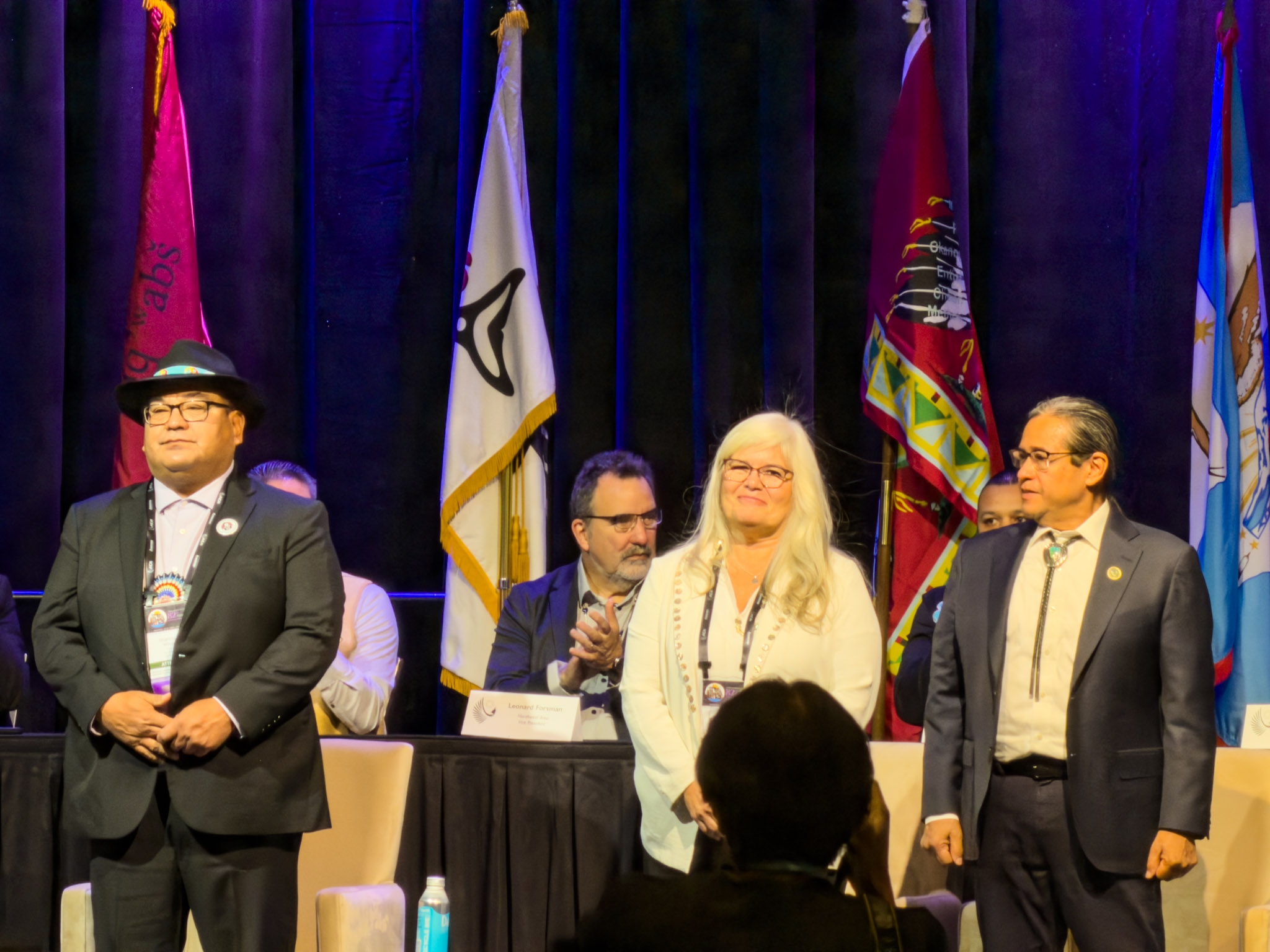READ MORE: https://www.cbc.ca/news/canada/manitoba/brandon-friendship-centre-60th-anniversary-9.7001858
Thomas J. Hicks’s Cause of Death Explained After Adoption Scandal Exposure
He died in 1972, but the truth about Thomas J. Hicks's secret life kept families searching for answers years later.
Dr. Thomas J. Hicks was the small-town Georgia doctor who secretly ran a black-market adoption ring out of his clinic in McCaysville. None of this came out while Hicks was alive. The truth didn’t start to unravel until 1997, when adoptees and local journalists noticed a pattern linking unusual McCaysville birth certificates to families in places like Akron, Ohio.
Hicks never faced criminal charges for the illegal adoptions, and the families he affected never got the chance to see him questioned in court. Now, decades after his death, people still wonder what caused his death. Here is what we know about the circumstances surrounding his passing.
What was Thomas J. Hicks’s cause of death?
By the time Hicks died, his medical career had already collapsed. In 1964, authorities indicted him for performing an illegal abortion, according to the Los Angeles Times. He surrendered his medical license soon after. That charge stood separate from the black-market adoption operation he quietly ran out of the same building. His clinic in McCaysville, Ga., shut down, and Hicks slipped into local obscurity.
Hicks died of leukemia, a type of blood cancer, in 1972. A Johnson City Press death notice at the time said Dr. Hicks, a Kingsport, Tenn., native who had practiced medicine in Copperhill/McCaysville for nearly 50 years, “died at his home Sunday of leukemia” at age 83.
Born in 1888 in Pickett County, Tenn., he studied at Tusculum College, Carson-Newman College, and later Emory University’s medical school before going into practice. In McCaysville, Hicks reinvented himself as the town doctor. The Hicks Community Clinic handled everyday checkups and minor emergencies for local families in the front rooms.
Thomas J. Hicks’s “babies” have spoken out since his death.
Behind that wholesome image, Hicks was running something much darker. In the 1950s and early 1960s, he began advertising abortion and adoption services on phone booths, bus stations, and bridges — at a time when abortion was illegal in Georgia. Women traveled from across the region to his clinic.
Some came seeking abortions, paying around $100 for the procedure. Others were persuaded to carry their pregnancies to term, only to have Hicks quietly place their newborns with out-of-state couples in off-the-books adoptions. Hicks was later linked to more than 200 babies who were sold or “given away” from the back of his clinic between roughly 1950 and 1965, according to The Atlanta Journal-Constitution.
In one documented case, Thelma Tipton said Hicks told her that her baby girl was stillborn and even had her sign a death certificate. In reality, the doctor had sold the child to adoptive parents a week later. “He stole my daughter,” Tipton told ABC News. “He robbed me of my life. … I missed out seeing [Kristie] growing up, missed out on her first tooth … her first day in school. … I missed out on her wedding, I missed out on everything.”
One adoptee, Melinda Dawson, told investigators that her parents were instructed to walk in the front, take the baby, and leave through the back alley. "They were instructed to come down ... come through the front door, pick the baby up and leave through the back door, and go home immediately," Dawson said, per Country Living.






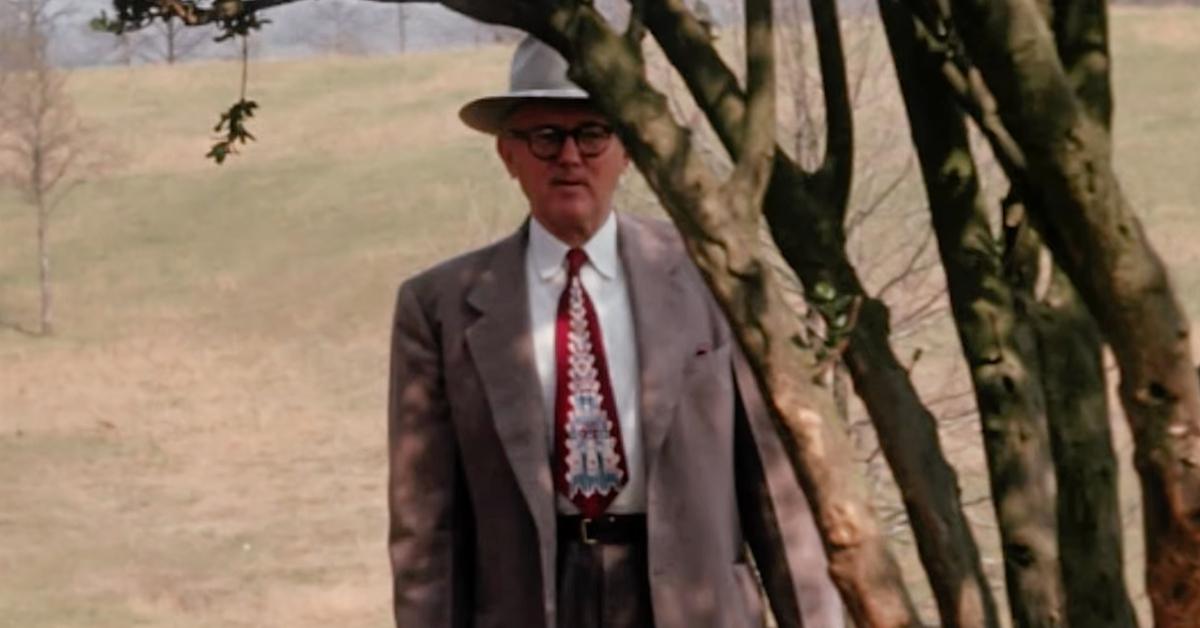
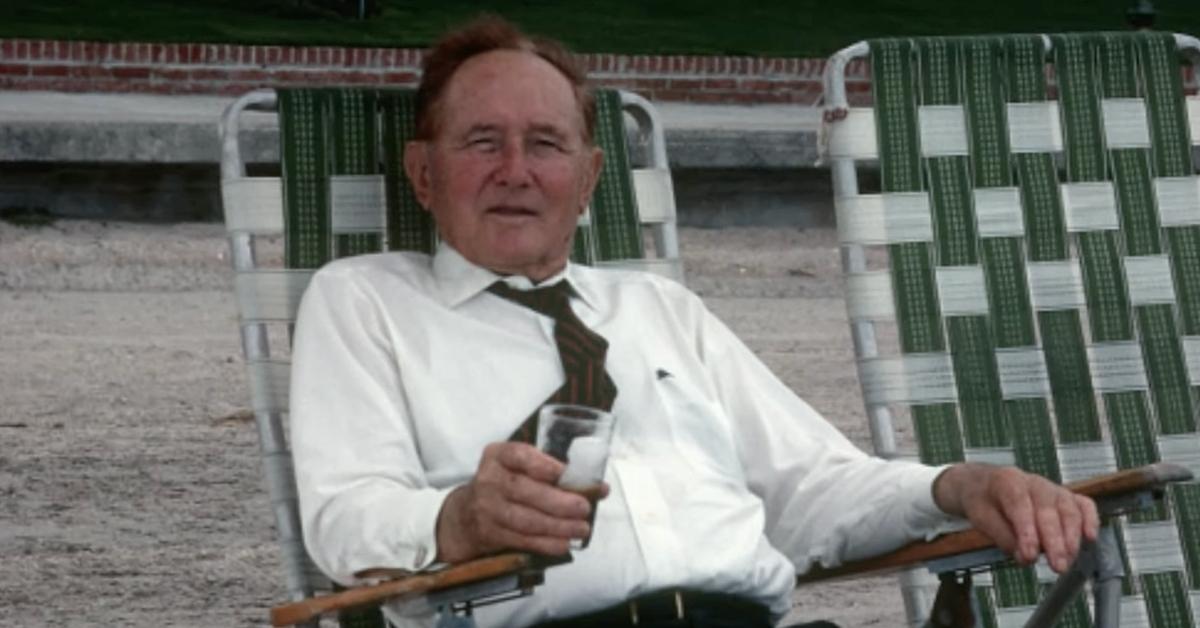
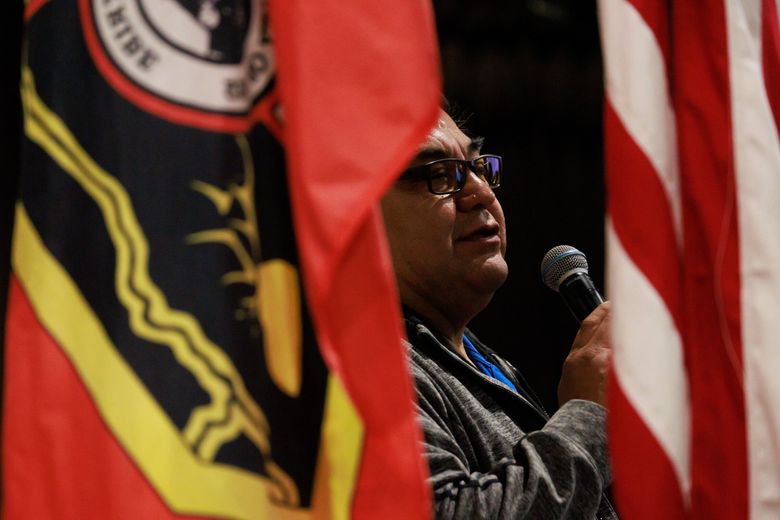
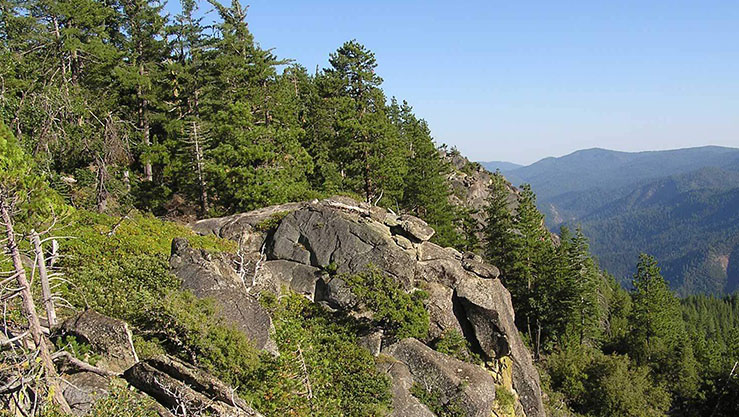
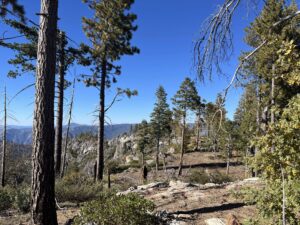

%20The%20Guardian.png)
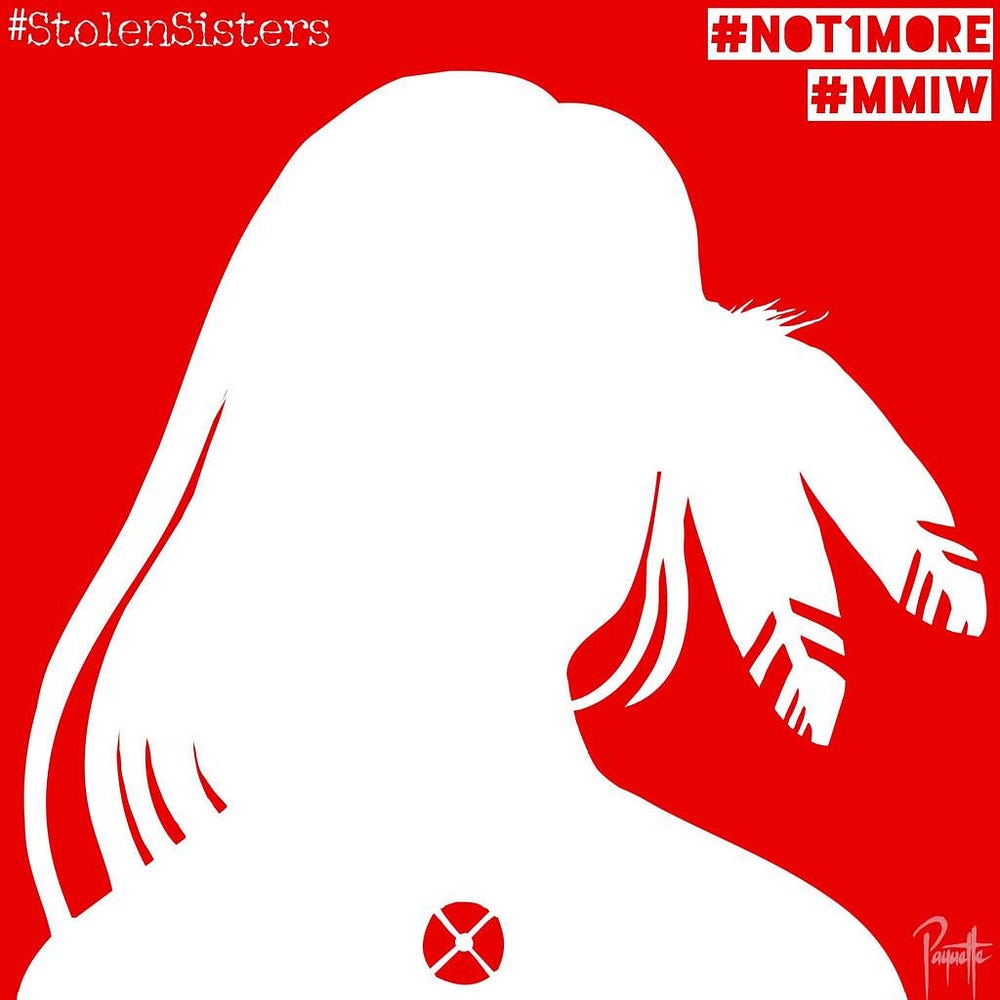






.jpg)
